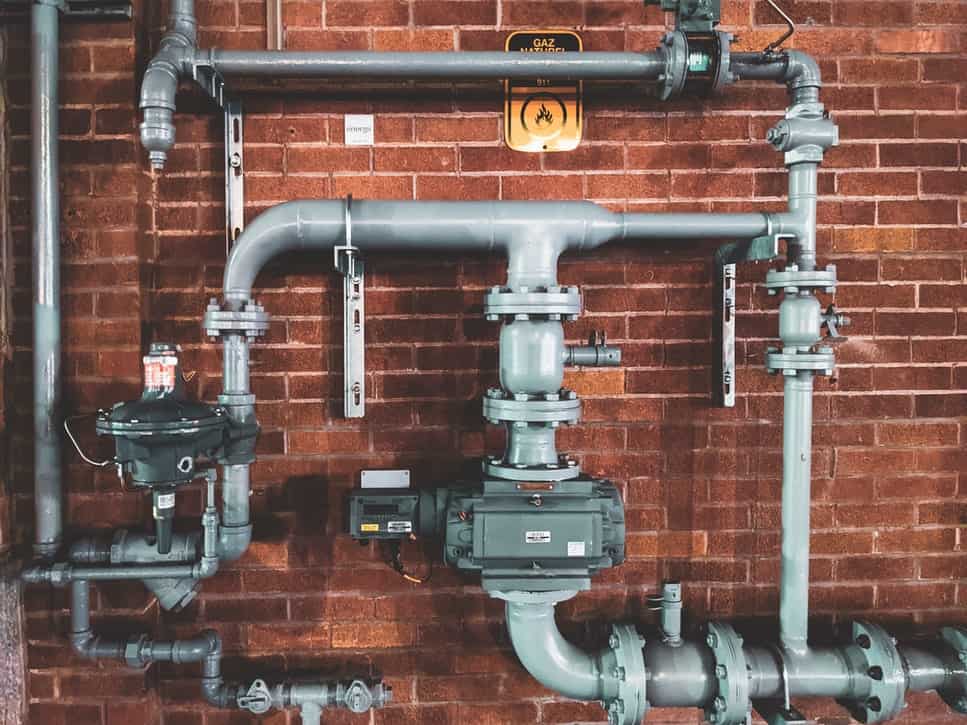There are so many things we take for granted in our everyday lives, like electricity and running water. Over time many of the appliances we use will need servicing and maintenance. Longer-term there will come a day when they have to be replaced.
It may be that you are currently shopping for a new water heater. It’s not the easiest job when there are so many different types and models from which to choose. If you don’t understand the technical aspects, life can become even harder. This article will discuss four key considerations you need to bear in mind before you make the purchase.
Cost
There’s no point in choosing the most expensive and efficient option if it’s out of your budget. Having said that, it’s a surprising fact that a large part of our energy bills is spent on heating the water in our homes. If you want cheaper running costs long term, it may be worth considering natural gas, even though it will cost you more initially.
If you’re weighing up an electric heat pump water heater and a traditional electric storage water heater, the latter will prove more expensive to run. A gas-fired conventional storage water heater would also be more costly to use.
Many people turn to the internet for help with their purchasing choices. They want to learn how to size a tankless water heater and to view the different styles available. People frequently want free quotes from local contractors and information on when to replace them.
Installation
When governments set up initiatives to help the environment, they often push for more economical appliances. As a result, it may be that your next water heater will be bigger than the previous one. You can’t view your next purchase in isolation – it must be able to fit into the available space. People who are limited in this way often choose tankless water heaters; they can be attached to walls or placed discreetly under sinks.
For this reason, it may be worth speaking to a professional before you buy. Let them check your proposed purchase and assess the area where it will be installed. It may be that the new model will need to be placed somewhere different, or be closer to the areas it will serve. When it comes to self-installation this shouldn’t be attempted by a layperson. Faulty wiring or gas connection can create fires or explosions. Bad plumbing can cause flooding and damaged equipment can be costly to fix. There are even problems you can’t spot by yourself.
Capacity
If a single person moves into a flat they may have a small 20-gallon water tank. A couple may be initially happy with the one that holds 40 gallons, but their needs will be outgrown if they later have children. A family of four (think of teenagers!) may need one holding as much as between 65 and 75 gallons. Without an adequate tank, there may be a rush for the morning showers because the last one may be cold. Similar considerations apply when peoples’ elderly parents move in, or they have a new lodger. If you’re going to upgrade, do it before winter approaches and the cold weather sets in!
Larger models hold more water and won’t get worn out by constantly needing to reheat. When you begin your research, look for the first-hour rating. This relates to the number of gallons of hot water a heater can supply from a full tank. A gallons-per-minute rating (GPM) applies to the tankless versions. The higher it is, the more hot water it can produce.
Energy Efficiency
Water heaters are similar to fridges, freezers, washing machines, and dryers: due to technological advances and government policies, your next version will be more efficient to run than the previous one. In real terms, there could be a 20% saving on the running costs.
Let’s start with tankless versions: Because they are ‘supply on demand’ that makes them totally efficient. Energy Star ratings are a great way to assess water heaters. Inefficient gas storage heaters rate at around 0.2 while an electric heater may rate at around 2. If you can afford a solar-powered option, you’ll reduce your carbon footprint as well as using less electricity to heat up the water.
Besides the above considerations, you should also check the reviews and warranties. If you purchase a digital option you can even monitor its usage and adjust it for when you are on holiday. Once you’ve made your choice, the new heater should serve you for up to twenty years.
You may also like
-
Common Misconceptions About Disability Law and Lawyers
-
Finding the Right Disability Lawyer: Key Factors to Consider
-
Creating Families Across Canada: The Journey Through Adoption
-
Understanding the Practical Applications of Ibutamoren in Research
-
Navigating Regulations and Permits in the Crude Oil Hauling Industry
